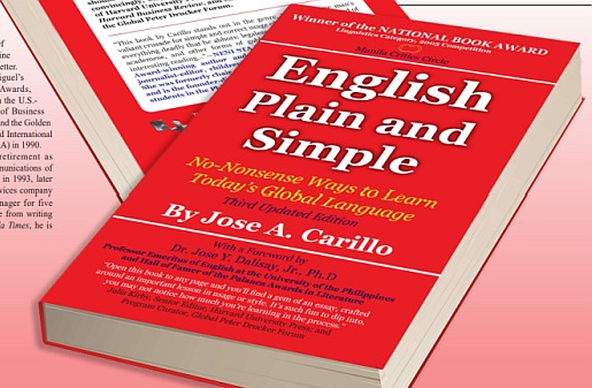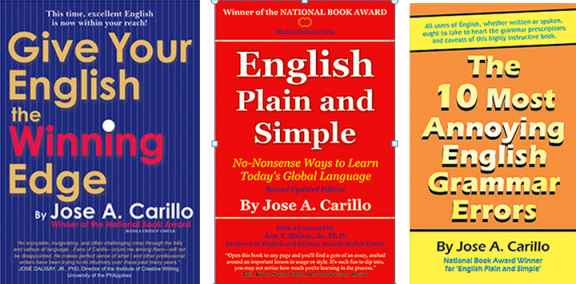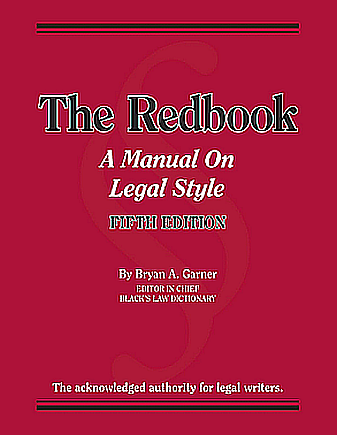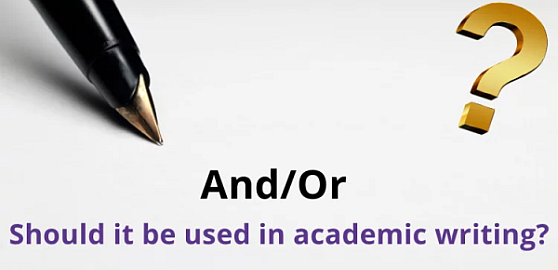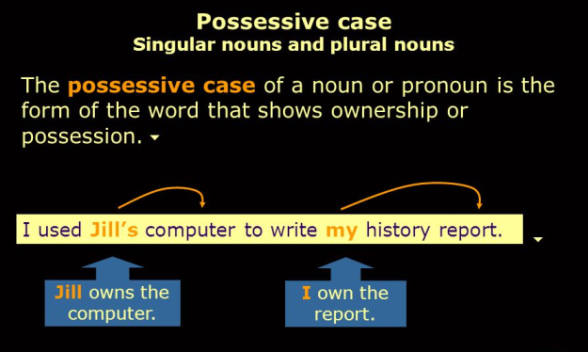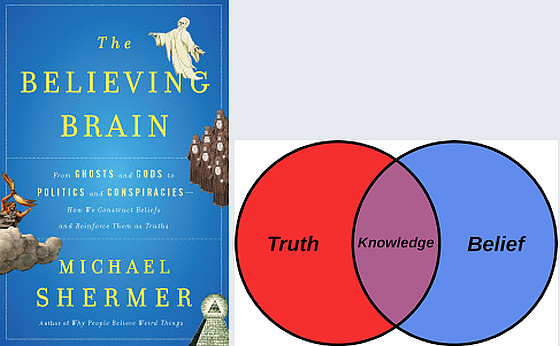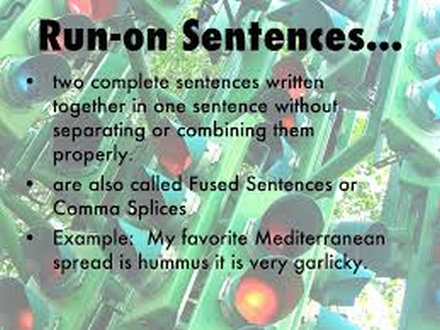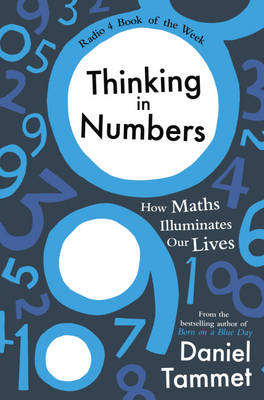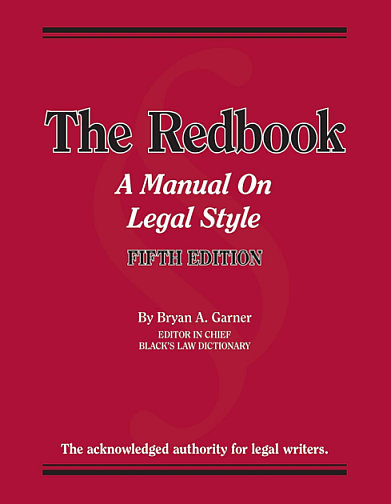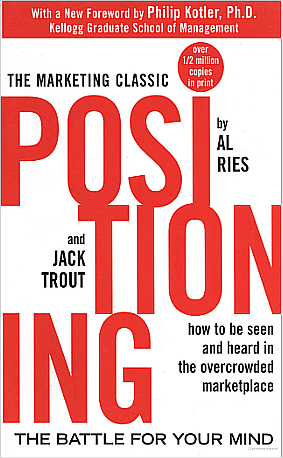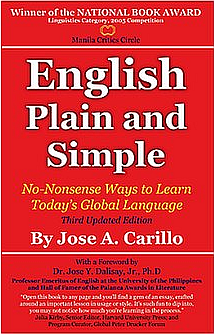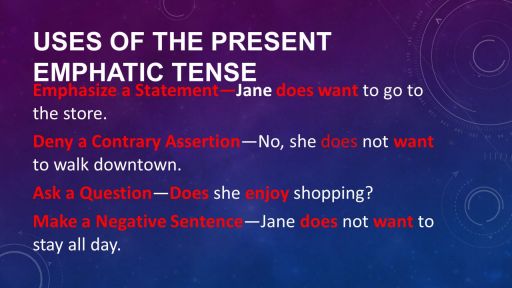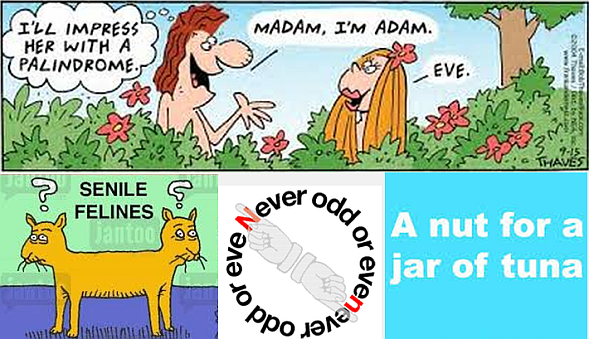81
Students’ Sounding Board / “‘All’ can actually mean ‘totality,’ ‘everything,’ or even ‘nothing’”
« Last post by Joe Carillo on November 23, 2023, 03:58:26 PM »Let’s take up the many-splendored word “all” to answer a very interesting question raised about its usage way back in 2015 by a member of Jose Carillo’s English Forum.
Here’s the question of Justine Aragones: “Why is the indefinite pronoun ‘all’ treated as singular rather than plural in this popular saying: ‘The limits of our language are the limits of our mind, and all we really know is what we have words for’?”
 IMAGE CREDIT: LINKED-IN.COM
IMAGE CREDIT: LINKED-IN.COM
“Another thing: ‘Is the use of the comma after “coherent” in the sentence that follows more a matter of style than an obligatory punctuation? ‘Next make yourself thoroughly familiar with the various tools of English for putting words together into grammatically and structurally correct, coherent, and clear statements.’”
My reply to Justine’s questions:
The pronoun “all” can be singular or plural depending on context. It could mean “totality,” as in “All that I have is yours” (singular); “everybody,” as in “All are required to come tomorrow” (plural); and “everything,” as in “All is fair in love and war” (singular).
But “all” has an entirely different sense in this sentence: “The limits of our language are the limits of our mind, and all we really know is what we have words for.” It’s functioning as an adjective to mean “only” or “nothing but,” and it makes the noun phrase “all we really know” singular in sense. This is why the singular “is” is used in the clause “all we really know is what we have words for.”
Now about the use of the serial comma in your other sentence: “Next make yourself thoroughly familiar with the various tools of English for putting words together into grammatically and structurally correct, coherent, and clear statements.”
Yes, using the comma after “coherent” in that sentence is a punctuation style called the Oxford comma. For serial enumeration sentences, many publications—including The Manila Times—actually do away with that last comma between the last serial item and the one preceding it. They construct the sentence this way as a matter of style: “Next make yourself thoroughly familiar with the various tools of English for putting words together into grammatically and structurally correct, coherent and clear statements.”
As for me, though, I prefer to use the Oxford comma every time as my personal style. Here, in a nutshell, are my reasons for doing so:
The serial comma’s usefulness might not be readily appreciated when the sentence has a serial list of items consisting of only a single word or two, as in “She bought some apples, oranges and pears” and “For the role of Hamlet, the choices are Fred Santos, Tony Cruz, Jimmy Reyes and George Perez.”
But see what happens when the enumerated items are long phrases with, say, more than four or five words: “The major businesses in the domestic pet services industry are traditional veterinary services, fancy pet grooming and makeover shops, a wide assortment of animal and bird food, freshwater and marine fish of various kinds and aquarium equipment and supplies for industrial and home use.”
Now try figuring out where each enumerative item ends and begins in the phrase “freshwater and marine fish of various kinds and aquarium equipment and supplies for industrial and home use.”
In contrast, see how clear and unequivocal the last two items in the list become when we deploy a serial comma between “various kinds” and “aquarium equipment”:
“The major businesses in the domestic pet services industry are traditional veterinary services, fancy pet grooming and makeover shops, a wide assortment of animal and bird food, freshwater and marine fish of various kinds, and aquarium equipment and supplies for industrial and home use.”
This is why I think it’s better to use a serial comma by default regardless of the length of the phrase for each item in an enumerative sequence.
Visit Jose Carillo’s English Forum at http://josecarilloforum.com. Visit me on Facebook. Follow me at Twitter.com @J8Carillo.
Here’s the question of Justine Aragones: “Why is the indefinite pronoun ‘all’ treated as singular rather than plural in this popular saying: ‘The limits of our language are the limits of our mind, and all we really know is what we have words for’?”

“Another thing: ‘Is the use of the comma after “coherent” in the sentence that follows more a matter of style than an obligatory punctuation? ‘Next make yourself thoroughly familiar with the various tools of English for putting words together into grammatically and structurally correct, coherent, and clear statements.’”
My reply to Justine’s questions:
The pronoun “all” can be singular or plural depending on context. It could mean “totality,” as in “All that I have is yours” (singular); “everybody,” as in “All are required to come tomorrow” (plural); and “everything,” as in “All is fair in love and war” (singular).
But “all” has an entirely different sense in this sentence: “The limits of our language are the limits of our mind, and all we really know is what we have words for.” It’s functioning as an adjective to mean “only” or “nothing but,” and it makes the noun phrase “all we really know” singular in sense. This is why the singular “is” is used in the clause “all we really know is what we have words for.”
Now about the use of the serial comma in your other sentence: “Next make yourself thoroughly familiar with the various tools of English for putting words together into grammatically and structurally correct, coherent, and clear statements.”
Yes, using the comma after “coherent” in that sentence is a punctuation style called the Oxford comma. For serial enumeration sentences, many publications—including The Manila Times—actually do away with that last comma between the last serial item and the one preceding it. They construct the sentence this way as a matter of style: “Next make yourself thoroughly familiar with the various tools of English for putting words together into grammatically and structurally correct, coherent and clear statements.”
As for me, though, I prefer to use the Oxford comma every time as my personal style. Here, in a nutshell, are my reasons for doing so:
The serial comma’s usefulness might not be readily appreciated when the sentence has a serial list of items consisting of only a single word or two, as in “She bought some apples, oranges and pears” and “For the role of Hamlet, the choices are Fred Santos, Tony Cruz, Jimmy Reyes and George Perez.”
But see what happens when the enumerated items are long phrases with, say, more than four or five words: “The major businesses in the domestic pet services industry are traditional veterinary services, fancy pet grooming and makeover shops, a wide assortment of animal and bird food, freshwater and marine fish of various kinds and aquarium equipment and supplies for industrial and home use.”
Now try figuring out where each enumerative item ends and begins in the phrase “freshwater and marine fish of various kinds and aquarium equipment and supplies for industrial and home use.”
In contrast, see how clear and unequivocal the last two items in the list become when we deploy a serial comma between “various kinds” and “aquarium equipment”:
“The major businesses in the domestic pet services industry are traditional veterinary services, fancy pet grooming and makeover shops, a wide assortment of animal and bird food, freshwater and marine fish of various kinds, and aquarium equipment and supplies for industrial and home use.”
This is why I think it’s better to use a serial comma by default regardless of the length of the phrase for each item in an enumerative sequence.
Visit Jose Carillo’s English Forum at http://josecarilloforum.com. Visit me on Facebook. Follow me at Twitter.com @J8Carillo.


 Recent Posts
Recent Posts


